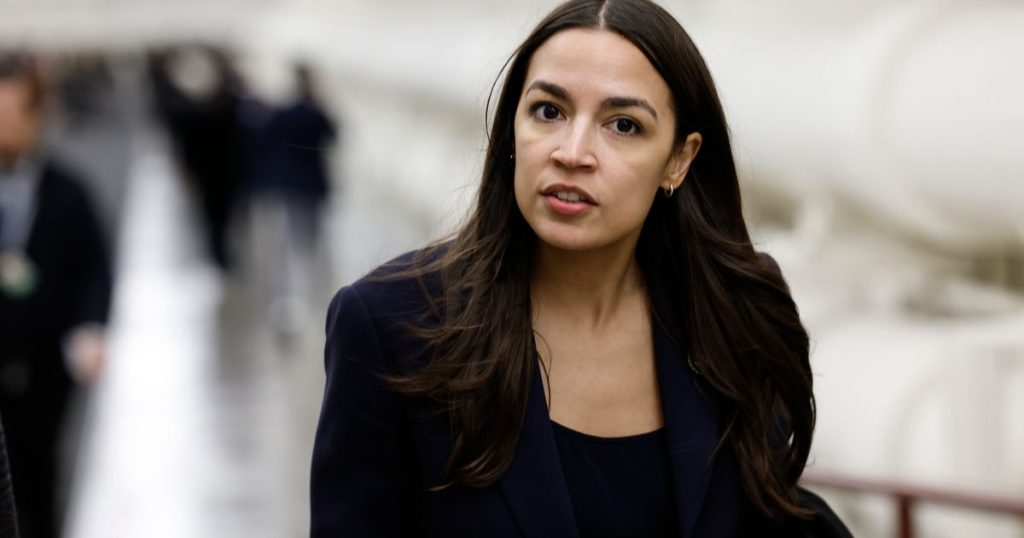In a recent statement, Democratic strategist James Carville expressed his concern about the impact of what he perceives as an overabundance of preachy females within the Democratic Party. Carville suggested that these women may be influencing the culture of the party in a negative way. His comments have sparked a debate within the party about the role of women and their voice in shaping the party’s agenda and messaging.
Carville’s statement raises important questions about the dynamics of gender within the Democratic Party and the broader political landscape. It highlights the ongoing tension between different factions within the party, including progressive and moderate voices, as well as the role of gender in shaping political discourse. The issue of women’s representation and participation in politics is a complex and multifaceted one, with many different perspectives and experiences at play.
Critics of Carville’s statement argue that his comments are dismissive of the important contributions that women have made to the Democratic Party and to progressive causes more broadly. They contend that women’s voices and perspectives are essential to shaping a more inclusive and representative political agenda. They point out that women have historically been underrepresented in politics and that advocating for greater female representation is a crucial step towards achieving gender equality in the political sphere.
On the other hand, supporters of Carville’s remarks may argue that he is simply voicing his concerns about the direction of the party and the impact of certain individuals on its messaging and strategy. They may argue that his comments are not intended to be dismissive of women’s voices, but rather a critique of a particular approach or style that he believes is problematic. They may also point out that diversity of opinion and perspective is essential within any political party and that healthy debate and discussion are necessary for progress.
Overall, Carville’s comments have sparked a necessary conversation about the role of women within the Democratic Party and the broader political landscape. The issue of gender representation and participation in politics is an important one that requires ongoing dialogue and engagement. It is crucial for the party to prioritize diversity, inclusion, and representation in order to create a more responsive and effective political agenda that reflects the needs and priorities of all Americans. By addressing these issues head-on, the Democratic Party can work towards building a more equitable and inclusive political system for all.













